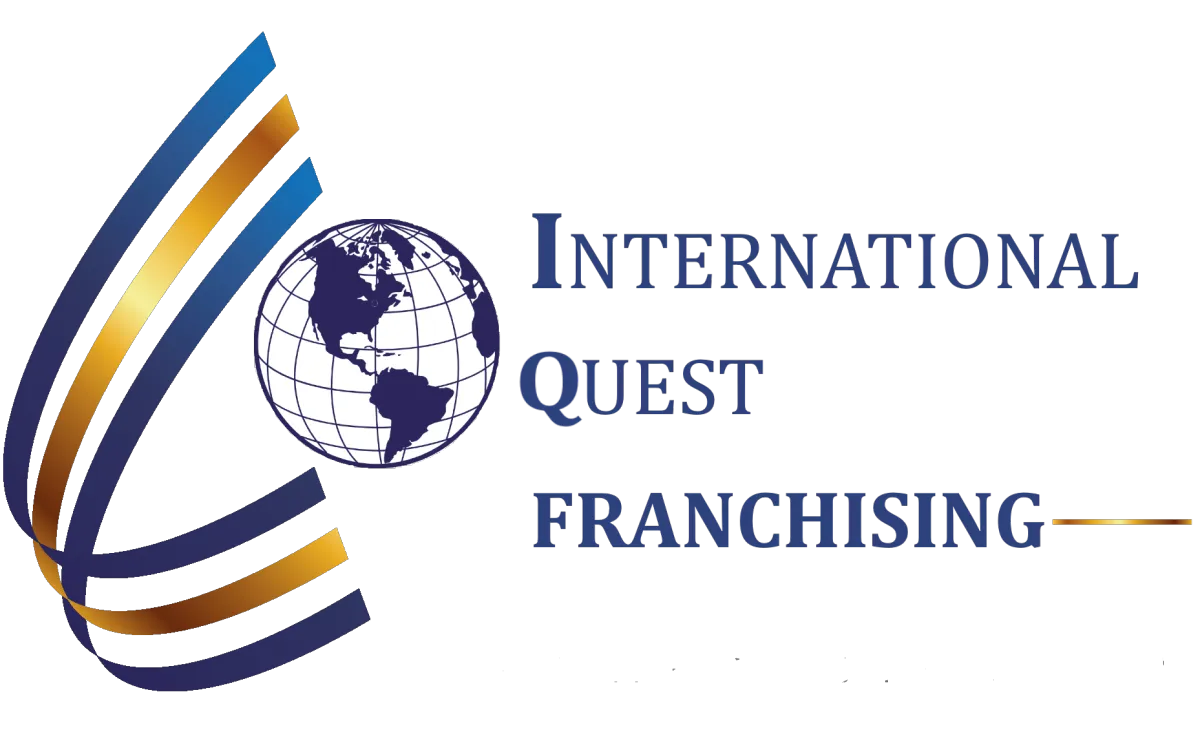
Franchise Ownership vs. Traditional Business Ownership
Introduction to Franchise Ownership vs. Traditional Business Ownership
When deciding between franchise ownership and traditional business ownership, it's essential to understand the distinctive characteristics of each. A franchise involves purchasing the rights to operate a business model developed by an established company. This typically includes access to branding, products, and support from the franchisor. Traditional businesses, on the other hand, are independently created and operated from scratch, allowing for full customization and control.

The trend of franchise ownership is growing across various sectors, including retail, food services, and healthcare. According to the International Franchise Association, franchise establishments saw a growth rate of 2.6% in 2022. Notably, franchises often have a higher success rate than traditional businesses. Data from the U.S. Small Business Administration suggests that approximately 20% of traditional small businesses fail within the first year, while only 5% of franchised businesses encounter the same fate.
Need Help? Use International Quest Franchising, LLC
IQ Franchising helps businesses grow and expand through franchising by working closely with clients to build strong, successful franchise systems. We start by understanding your business, then develop a strategic plan that addresses opportunities and maximizes profits. Our expertise in project management and operational efficiency, like Lean & Six Sigma, ensures your franchise system is both effective and sustainable. With our support, your business can thrive, and franchisees can make a positive impact in their communities. Let us help you achieve success and reach your franchising goals. To learn more, Visit. (916) 774-7142
The target audience for this comparison includes aspiring entrepreneurs, strategic advisors, and those interested in understanding the operational differences and opportunities within both business models.
Initial Investment and Startup Costs
Initial investments for franchise ownership typically include franchise fees, royalty fees, and initial setup costs. Data from Franchise Direct indicates that these fees can range from $10,000 to over $100,000, depending on the brand. Traditional businesses face costs such as licensing, inventory, and location setup, which can be equally substantial. For instance, the average cost to start a small business in the U.S. is approximately $30,000, with potential for variances based on the industry.
Comparing the startup capital required shows variances; franchises may seem more expensive due to the licensing fees but often offer financial programs to assist new owners. Traditional startups, while possibly lower in upfront costs, can encounter unexpected expenses in areas such as marketing and initial staffing.
Branding and Market Presence
One significant advantage of franchise ownership is the established brand reputation and customer trust. Brands like McDonald's, with a global presence, provide instant market credibility. Traditional businesses must build their brand from the ground up, requiring significant marketing efforts.
Franchisors often provide robust marketing support, whereas traditional business owners need to invest time and resources into self-driven marketing strategies. Establishing a market presence for a traditional business can be time-consuming, requiring innovative campaigns and local engagement efforts.
Operational Support and Training
Franchises often come with detailed training programs and ongoing support, covering everything from operational procedures to customer service. This reduces the self-learning curve significantly. Traditional businesses, however, may rely on personal experience and mentorship networks, which can vary in quality and availability.
Franchises offer standardized operational procedures, creating a consistent customer experience across locations. Traditional businesses benefit from greater flexibility and autonomy, allowing owners to adapt their operations but at the cost of standardized quality control.
Regulations and Compliance
Franchise ownership involves specific regulatory requirements, including disclosure documents and franchise agreements, which lay out the legal framework between franchisor and franchisee. Traditional businesses also have to meet legal and operational compliance but do so independently, navigating local, state, and federal regulations.
Understanding these regulatory requirements is critical for both models, ensuring compliance and reducing risk of legal issues. Franchises usually provide clear guidelines, while traditional business owners must stay informed of applicable laws and regulations.
Business Expansion and Growth Potential
Franchise ownership offers structured expansion opportunities, leveraging the franchise network to open new locations. This can lead to rapid growth with less risk due to established procedures and support. Traditional businesses, though, have scalable potential but must develop their own growth strategies, which can be resource-intensive.
Expanding access to capital is easier within a franchising network, with financial programs often available to support growth. Long-term planning is essential, with franchising providing a more predictable framework, while traditional businesses offer greater creative freedom.
Risk and Reward Analysis
Calculating the risk associated with each business model is crucial. Franchises, with their structured support systems, often present lower risk but can limit creative freedom. Traditional businesses offer higher potential rewards through complete control but come with higher risk due to the lack of established support.
Mitigating these risks involves strategic planning and support, whether through franchise networks or independent mentorship. Success stories are available in both models, with franchises like Subway and traditional successes like Starbucks demonstrating the diverse paths to achieving business prosperity.
Exit Strategy and Resale Value
Exiting a franchise business involves options such as selling the franchise or transferring the license, with established procedures offering some predictability. Traditional businesses need to ensure proper valuation and seek buyers, which can be more complex but offers greater control over the sale.
Transferability of a franchise license often means easier resale due to brand recognition, while selling a traditional business may require demonstrating its market value independently. Long-term planning is critical for both, ensuring exit strategies align with retirement goals and financial plans.
Conclusion: Making the Right Choice for Your Business Goals
Summarizing the key points, franchise ownership offers structured support, lower risk, and established branding, making it ideal for those seeking a guided entry into business. Traditional business ownership offers greater creative control and potentially higher rewards, suited for those willing to navigate the complexities independently.
Choosing between franchise and traditional business should align with your long-term goals, risk tolerance, and personal preferences. Seeking professional advice can help clarify the best path, ensuring that your business journey is both successful and fulfilling.
International Quest Franchising, LLC
Business Address: 3017 Douglas Blvd. Ste. 300
City: Roseville
State: CA
Zip: 95661
Phone: (916) 774-7142

